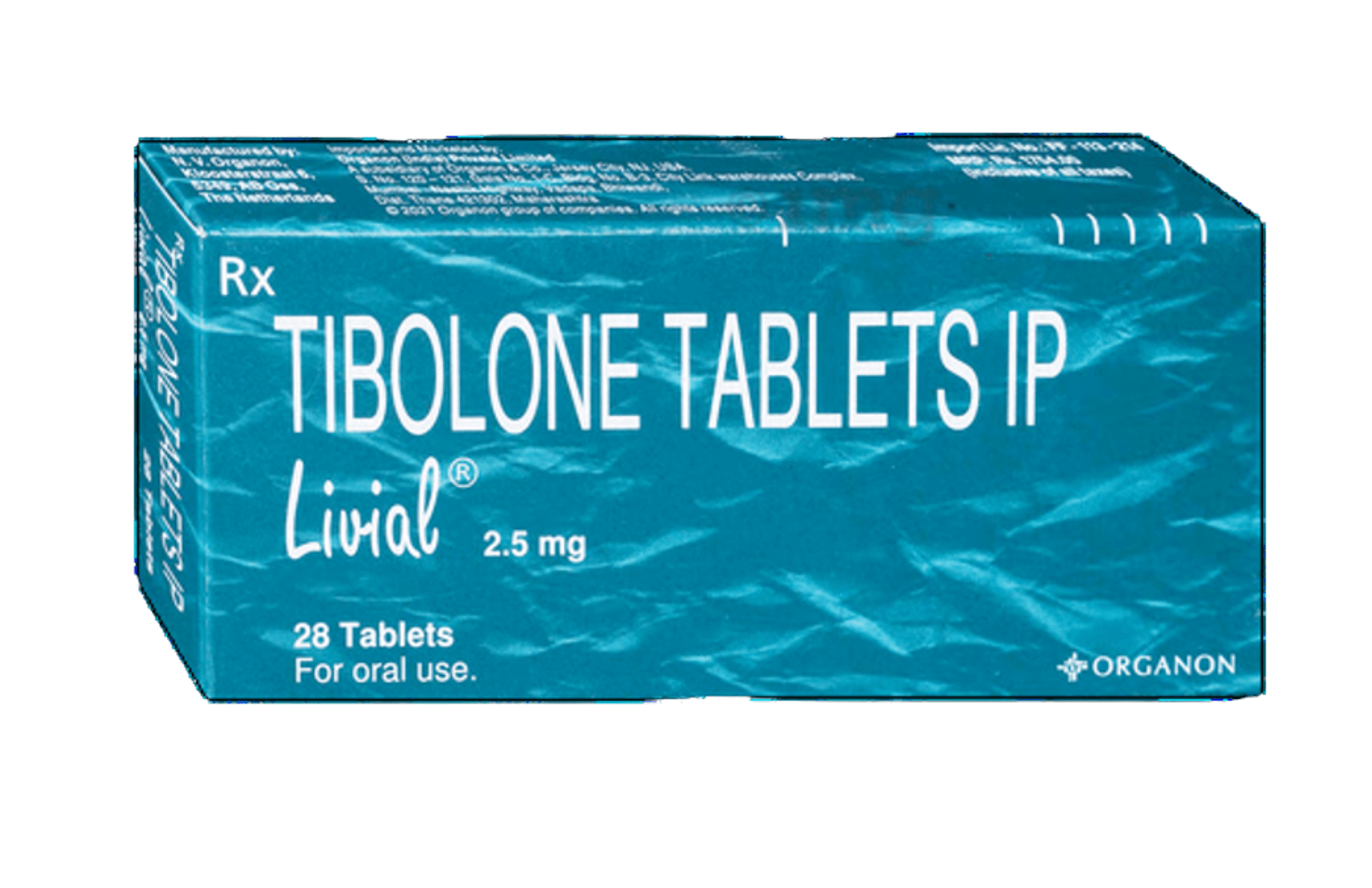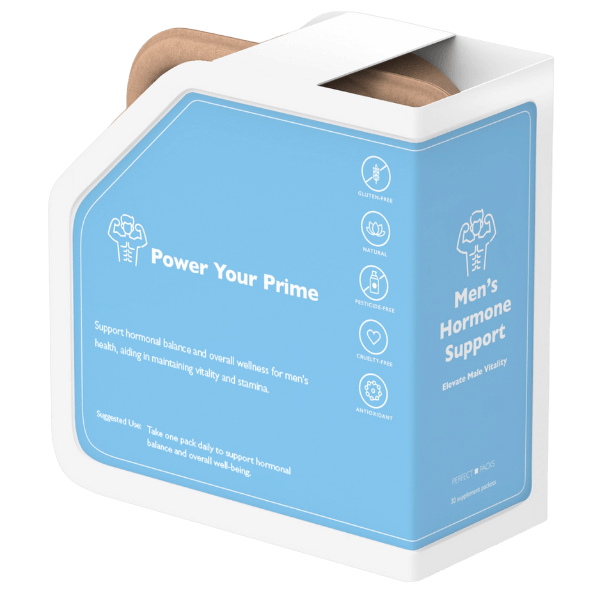Livial/ Tibella (
generic name: tibolone) is a synthetic hormone used primarily for hormone replacement therapy (
HRT) in postmenopausal women. It is designed to treat symptoms of menopause, such as hot flashes, night sweats, vaginal dryness, and mood disturbances. Tibolone mimics the activity of the hormones estrogen, progesterone (female sex hormones), and testosterone in the body. Unlike traditional HRT, Livial does not require the combination of estrogen and progestogen therapy, which is necessary to offset the risk of breast cancer that estrogen on its own carries.
Tibolone works by stimulating estrogen receptors in tissues such as the brain, bones, and vagina, helping to alleviate menopausal symptoms and reduce the risk of osteoporosis, a condition in which bones become brittle and more likely to break. Its
androgenic properties can enhance libido and improve overall mood and energy levels.
Livial is particularly beneficial for women who are at risk of developing osteoporosis after menopause but who are unable or unwilling to take traditional HRT. It also has the advantage of being less likely to cause uterine or breast tissue overgrowth, reducing the risk of endometrial cancer and possibly breast cancer compared to other HRT options. Livial is generally recommended for use by women who are more than a year post-menopausal, as taking it earlier may result in abnormal vaginal bleeding.
As an oral tablet taken daily,
Livial is absorbed into the bloodstream, where it is converted into active metabolites that carry out its therapeutic effects. This drug is typically well-tolerated and should be taken under the guidance of a healthcare provider.
Dosage
Livial should be taken only in accordance with the doctor’s recommended regimen. It is usually prescribed as a single 2.5 mg oral tablet to be taken once daily, with or without food. It is important to take the dose at around the same time each day to maintain stable levels of the medication in the body.
Storage
Livial tablets should be stored at room temperature, away from moisture, heat, and direct light. It is essential to keep the medication out of children’s reach and store it in its original packaging until it is time to take the dose.
For more useful tips on safe handling, please read our guide here.
Questions Asked About Livial
What is Livial used for?
Livial is primarily used for hormone replacement therapy (HRT) in postmenopausal women. It helps alleviate menopausal symptoms such as hot flashes, night sweats, and vaginal dryness, and also helps to prevent osteoporosis. It mimics the effects of estrogen, progesterone, and testosterone in the body.
How long should I take Livial?
The duration of treatment with Livial varies based on a patient’s needs and health risks. Some women may take it for a few years to manage menopausal symptoms, while others may continue for a longer duration if they are at high risk for osteoporosis. Regular medical checkups are essential to assess whether continuing treatment with Livial is necessary.
What are the common side effects of Livial?
Common side effects of Livial include weight gain, abdominal pain, breast tenderness, and vaginal bleeding or spotting. These side effects are usually mild and should resolve on their own with time. However, consult your healthcare provider if they are persistent or grow more troubling.
This text is for informational purposes only. Please consult a doctor or pharmacist before using any medication.
Read the information leaflet that comes with the medication.
If any signs develop of blood clots, such as swelling or pain in the legs, chest pain, or shortness of breath, seek medical attention immediately.
Most women who use Livial do not experience any adverse side effects. Doctors prescribe this medication because they assess the benefits of such treatment outweigh any likely unwanted effects.
Some of the side effects that have been reported include headaches, dizziness, fluid retention, weight gain, abdominal pain, breast tenderness, and vaginal bleeding or spotting.
Not all side effects are listed here. If these or other unlisted symptoms persist or worsen, consult a healthcare provider or pharmacist.
Livial is approved for the treatment of menopausal symptoms, including hot flashes, night sweats, vaginal dryness, and mood disturbances. It is also indicated for the prevention of osteoporosis in postmenopausal women at high risk of fractures, particularly those who cannot tolerate other forms of HRT.
Off-label, Livial may be used to improve libido and mood in postmenopausal women experiencing low energy and reduced sexual desire.















